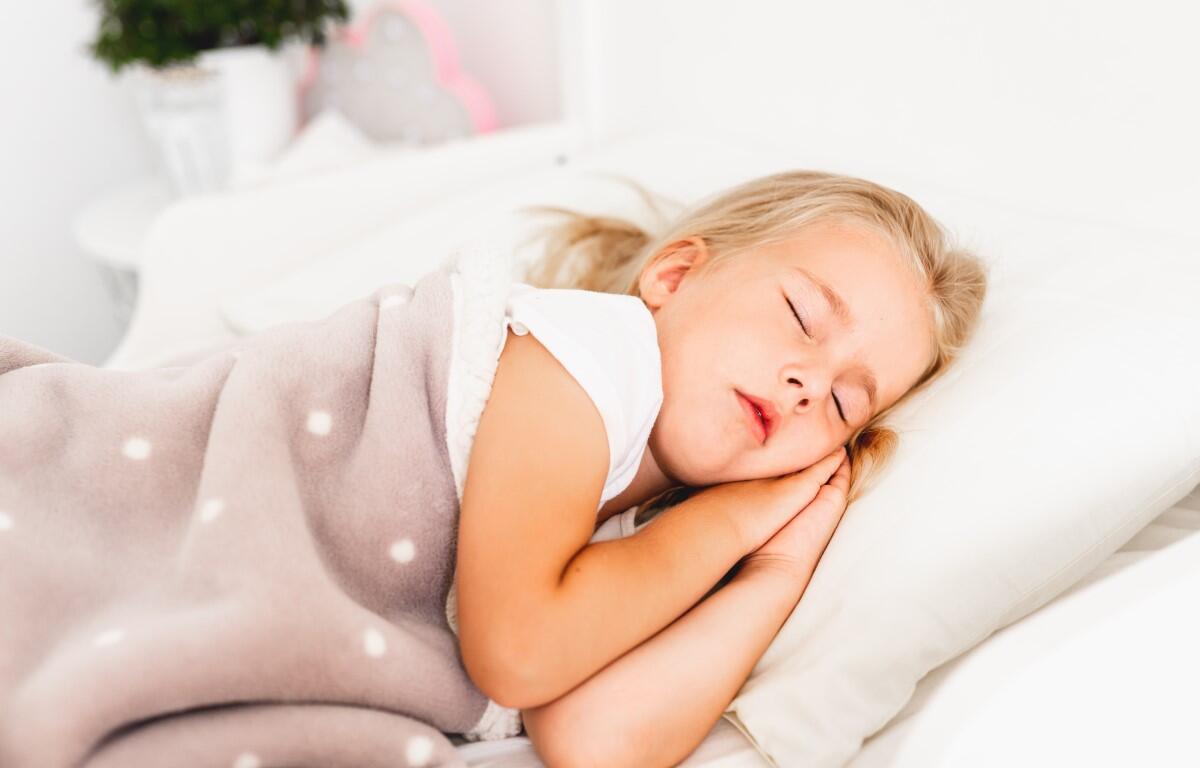Sleep disorders cause all sorts of problems, and are more common than most people realize. Dr. Jennifer J. Cornell, DDS, at Dental Sleep and TMJ Solutions of Clarksville has answers to some of the questions that come up about the conditions preventing you from getting a good night’s sleep.
Question: Can a child get sleep apnea? What are the symptoms?
Dr. Cornell: Sleep apnea is a sleep disorder that affects both adults and children. In children, sleep apnea can have significant effects on their overall health, well-being, and development. It is important for parents and caregivers to be aware of the signs and symptoms of sleep disordered breathing in children, as early detection and intervention can greatly improve their quality of life.
Children may present differently than adults who suffer with sleep disordered breathing. Like adults they may display signs of daytime sleepiness but they can also present completely opposite behavior problems, such as irritability and hyperactivity. Children with sleep apnea often struggle to get a good night’s sleep due to interruptions in their breathing and sleep cycles. A good night’s sleep for children is detrimental to proper growth and development of not only their bodies but also their brain and emotional development. As a result, they may feel tired, groggy during the day, hyperactive and unable to focus on one thing at a time. This can impact their ability to concentrate and perform well in school.

Another effect of sleep apnea in children is poor growth. Sleep is essential for proper growth and development, and children with sleep apnea may not be getting the restorative sleep they need. This can lead to delays in physical and cognitive development. Additionally, sleep apnea can cause bedwetting and frequent nighttime awakenings, nightmares, sleep walking/talking, further disrupting a child’s sleep patterns. There are several signs that may indicate a child is suffering from sleep apnea. Snoring is the most common sign, especially if it is accompanied by pauses in breathing during sleep. They may display dark circles around their eyes, mouth breathe, have forward head posture and struggle with allergies. Restless sleep, frequent tossing and turning, sweating and teeth grinding are also signs to watch out for. Additionally, if a child frequently wakes up with a headache or complains of a sore throat in the morning, may be a sign of sleep apnea.
If you suspect that your child may have sleep apnea, it is important to consult with a healthcare professional like a pediatrician or even your child’s dentist. They can conduct a thorough screening, evaluation and recommend testing for sleep apnea. Treatment for sleep apnea in children may include lifestyle changes, such as weight loss, avoiding allergens, removal of tonsils and adenoids, palatal expansion, myofunctional therapy, mouth guards that assist with posturing the jaw more forward while sleeping, as well as the use of continuous airway pressure (CPAP).
Sleep apnea can have significant effects on children’s health and well-being. It is important for parents and caregivers to be aware of the signs and symptoms of sleep apnea in children and seek appropriate medical attention. Early detection and treatment can greatly improve a child’s quality of life and overall development.
Jennifer J. Cornell, DDS, is a diplomate of the American Board of Dental Sleep Medicine. For more, visit the Dental Sleep and TMJ Solutions of Clarksville website or call 931-645-8000.


